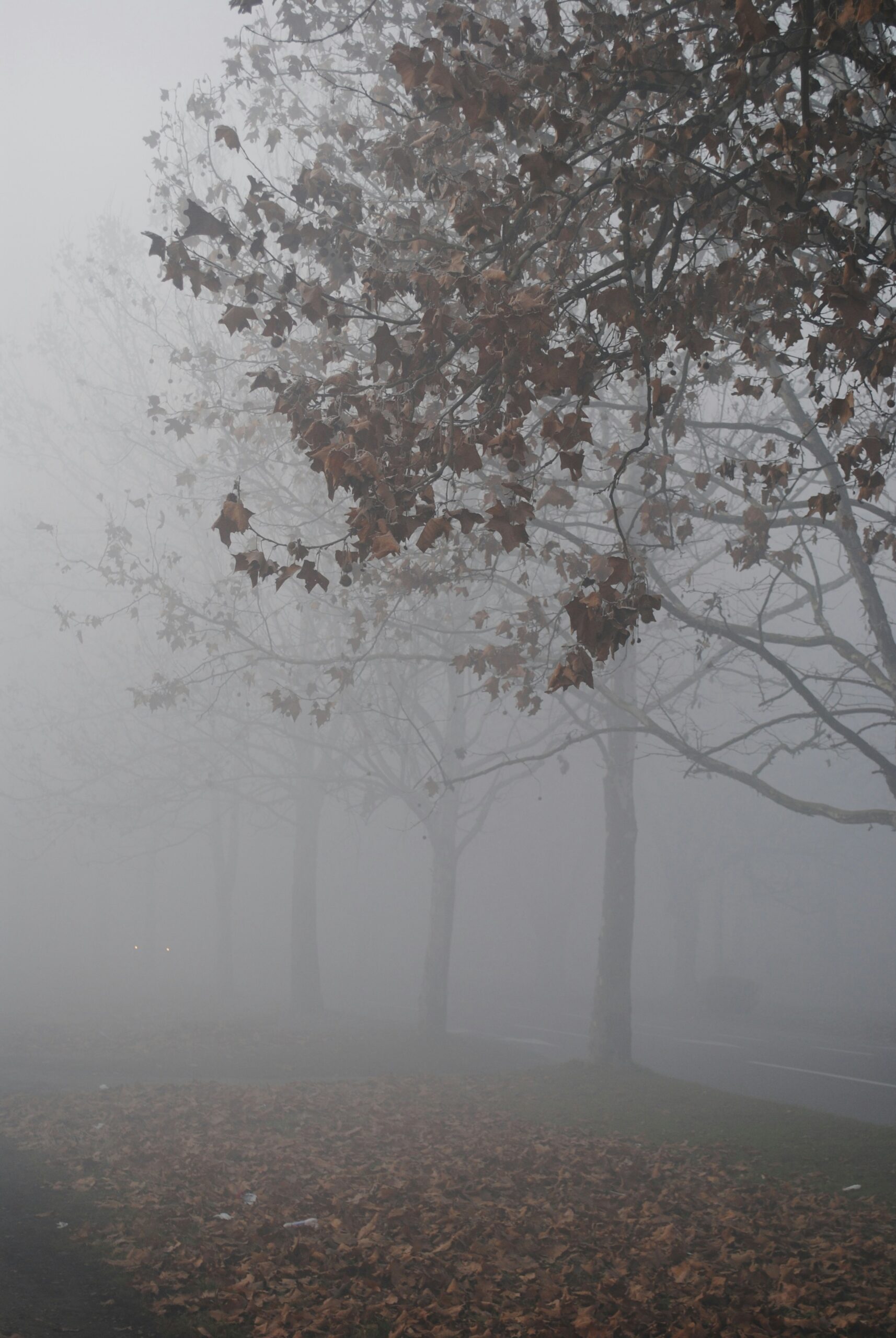Memory is a funny thing. The way we remember or forget things is one of the most intriguing things about life. We may remember the scent of the perfume worn by our crush some fifteen years ago and fail to remember a password we set a few days ago. The same way we remember some things and have them keep playing in our heads repeatedly. A portion of the lyrics of a song, a line from a book we read, a dialogue we overheard, or a poem we stumbled upon. Memory is such a funny thing.
It is in this way that I have failed to get a poem out of my head. I found it somewhere on the internet some months back. To be honest, it shouldn’t be surprising that the poem is stuck in my head. When I chanced upon it, I spent a long time with my eyes glued to the screen, reading it over and over again. I have spent a lot of time thinking about it and admiring the accuracy and grace with which it was written.
The poem, titled Missed Time was written by a Chinese American author, with the pen name Ha Jin.
It reads:
my notebook has remained blank for months/ thanks to the light you shower/ around me. I have no use/ for my pen, which lies/ languorously without grief. Nothing is better than to live/ a storyless life that needs/ no writing for meaning-/ when I am gone, let others say/ they lost a happy man,/ though no one can tell how happy I was.
To be honest, my obsession with this poem is because I can relate to its content. It feels like something I would have written myself if I had the expertise. It is as if Ha Jin had a sneak peek into my soul, saw my triangled relationship with melancholy and poetry, and decided to write the poem on my behalf.
I recited Ha Jin’s poem at one of the Unwind sessions organized by Poetic Wednesdays Initiative. It sparked conversations amongst the attendees. We discussed how the world knows more about sad poets than happy ones. How people tend to concentrate more on enjoying their happy moments than on documenting them. We argued about the inability of joy to stir musings, judging by how, irrespective of the themes of most poems, they tend to be inspired more by moments of profound sorrow than any other thing. We talked about how humans are eager to share their suffering with the rest of the world while they keep their joy to themselves. How even love poems, which are supposed to be happy poems, are in most cases inspired by heartbreak, longing, and loss rather than the euphoria of love itself. How there are more known Sylvia Plaths than Pablo Nerudas.

My friend told me recently that she prayed for me to be happy during the last Ramadan. I was grateful. I felt loved. It is a thoughtful thing to pray for someone you care about to be happy, to be joyful in this world that never stops throwing sad things our way. Yet, one of the things that crossed my mind was what then would be the fate of my poetry. If I were to live the rest of my life knowing nothing but joy, would I be able to write?
It isn’t that I have never written a poem in the absence of melancholy. I have. But there is a way melancholy pokes into your soul; it makes you feel things; it lifts the curtain over your eyes and makes you see the world with vivid alacrity. There is a way it sequestrates the feelings out of you and turns them into words. There is a way melancholy does these that joy simply doesn’t know how to. Melancholy is poetry’s favorite child.
This romance with melancholy isn’t peculiar to me. I am not in any way special. So many beautiful poems have been written from pain, so many great poets have been forged at the fire of suffering. So many bestsellers have been born out of grief. People have become poets without them even knowing it, courtesy of the pain surrounding them.
While most humans seek joy, chase after happiness and desperately try to hold onto the things that make them smile, some humans, poets largely, need some dose of melancholy. Poets need a pinch of pain here, a dash of grief there, a moment of sorrow to birth some of the pieces we come to fall in love with. But does this mean we have to carry the burden of grief all through our lives?
So many questions come to my mind when I think of the codependent relationship between poetry and melancholy. Does poetry make poets melancholic, or does melancholy make them poets? Do poets actively seek situations that give them sorrow, just so they can cough up master pieces? Are poets grief junkies? Do they deliberately choose a life of writing at the expense of being silently happy? Is poetry the good side of melancholy? Like a byproduct that is so useful it makes up for the harmful effect of the main product? Does that mean we need melancholy to make sense of our world? To lay our hands on good literature and soul-piercing poetry?
- In The Poetry of Life: The Poetic Side of Melancholy | Nasiba Babale - April 11, 2025
- In The Poetry of Life: The S. I. Unit of Love | Nasiba Babale - January 31, 2025
- In The Poetry of Life: Things I Remember About My Grandmother | Nasiba Babale - January 10, 2025












Leave a Reply